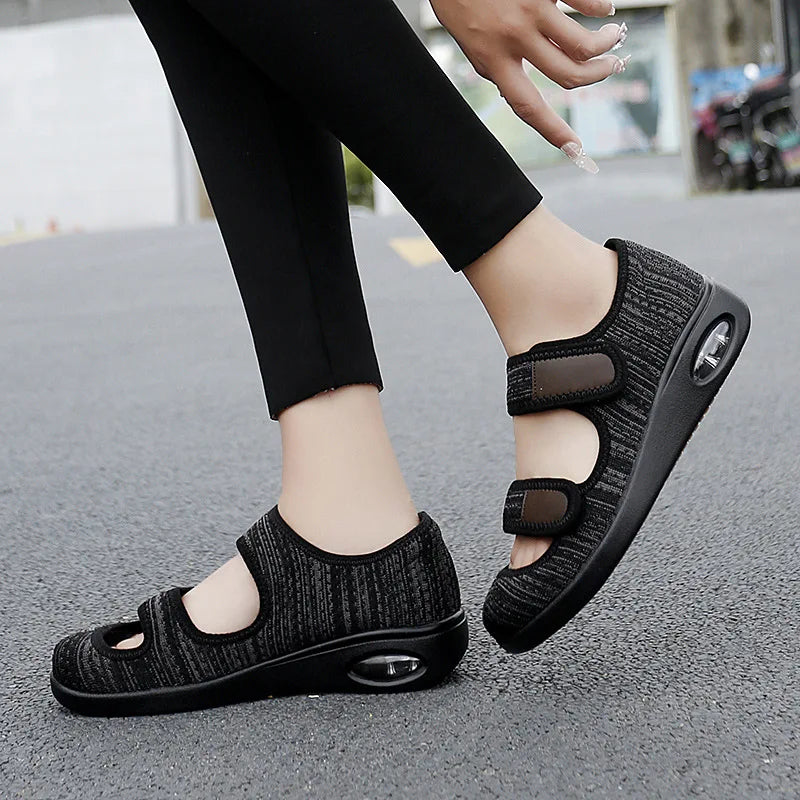Diabetes affects various aspects of health, including foot care. High blood sugar levels can lead to nerve damage, poor circulation, and an increased risk of foot ulcers and infections. One of the most effective ways to protect diabetic feet is by wearing specially designed diabetic shoes. These shoes offer superior comfort, support, and protection to prevent complications and promote overall foot health.
What Are Diabetic Shoes?
Diabetic shoes are specially crafted footwear designed to reduce pressure points, prevent skin irritation, and improve circulation. They come with extra depth, cushioning, and seamless interiors to prevent friction and minimize the risk of foot injuries. Unlike regular shoes, diabetic shoes prioritize both comfort and medical necessity.
Key Features of Diabetic Shoes
-
Extra Depth and Width – Provides ample space to accommodate foot swelling, custom orthotics, and prevent pressure sores.
-
Seamless Interior – Reduces friction and irritation, protecting sensitive skin from blisters and ulcers.
-
Cushioned Insoles – Enhances comfort and helps in shock absorption to reduce foot strain.
-
Non-Binding Design – Ensures proper circulation without constricting blood flow, which is crucial for diabetic individuals.
-
Breathable Material – Keeps feet dry and prevents moisture buildup, reducing the risk of infections and fungal growth.
-
Supportive Soles – Designed to provide stability and reduce the risk of falls and injuries.
Benefits of Wearing Diabetic Shoes
-
Prevents Foot Ulcers – Reduces the chances of developing pressure sores and blisters.
-
Enhances Circulation – Promotes blood flow, preventing complications caused by poor circulation.
-
Improves Comfort – Provides pain relief and comfort for those with neuropathy and foot sensitivity.
-
Reduces Risk of Amputation – Proper foot care minimizes complications that could lead to severe infections and amputations.
Who Should Wear Diabetic Shoes?
-
Individuals with diabetes experiencing foot pain, swelling, or sensitivity.
-
Those diagnosed with diabetic neuropathy or poor circulation.
-
Anyone prone to foot ulcers or infections due to diabetes.
-
People who require additional support and comfort for daily activities.
Choosing the Right Diabetic Shoes
When selecting diabetic shoes, consider the following tips:
-
Get a Professional Fit – Consult a podiatrist or footwear specialist to ensure the right fit and support.
-
Opt for Custom Orthotics – Custom insoles can enhance comfort and provide additional protection.
-
Check for Medicare Coverage – In some cases, diabetic shoes may be covered by insurance or Medicare for qualifying individuals.
-
Choose High-Quality Materials – Breathable, lightweight materials enhance comfort and durability.
Conclusion
Diabetic shoes are a crucial investment for individuals managing diabetes. By prioritizing foot health, these shoes help prevent complications, improve mobility, and ensure overall well-being. If you or a loved one has diabetes, consider consulting a healthcare provider to find the right diabetic footwear for long-term comfort and protection.
Do you wear diabetic shoes or know someone who does? Share your thoughts in the comments below!



